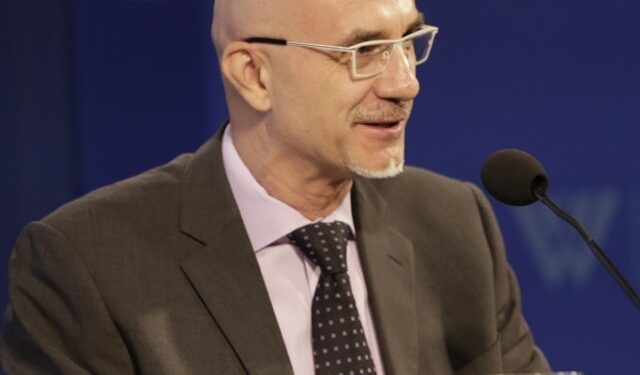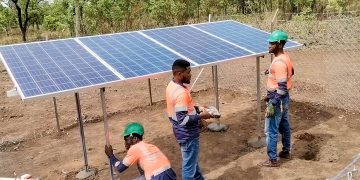Ghana: World Bank calls for reforms in plastic tax design
Lead Economist at World Bank, Grzegorz Peszko, has called for a review of the country’s nine-year plastic tax.
According to Mr Peszko, the review the tax policy is necessary to ensure better revenue generation for the country from the use of plastics.
Making reference to the Italian Plastic Tax which raised over $480m in revenue in its first year to the Italian government, Mr Peszko noted a revised plastic tax for Ghana, will generate millions of dollars in revenue for government.
Speaking in an interview with norvanreports on the sidelines of the Stakeholder Workshop on Reducing Marine Litter and Plastic Pollution in the Greater Accra Region, Mr Peszko averred fiscal instruments in plastic pollution management plays an important role as a complement to other reforms in mitigating plastic pollution.
Adding that, a review of the country’s plastic tax will increase domestic revenue mobilisation and decrease the burden of financing waste infrastructure on the country’s budget.
“Plastic tax reforms are needed to be a better revenue raiser for the Ministry of Finance and the country as a whole. Reforms in the plastic tax policy is to help it become a better environmental policy to encourage more recycling activities,” he remarked.
“Lack of incentives to recycle plastic waste commercially is adding to plastic pollution menace. There have to be incentives for producers and consumers to help deal with menace,” he added.
Meanwhile, some $1.5m grant has been secured to implement a framework aimed at reducing marine litter and plastic pollution in country’s capital, Accra.
The $1.5m grant was secured from PROBLUE, an umbrella Multi-Donor Trust Fund Partnership that supports integrated and sustainable economic development in healthy oceans.
Plastic pollution and marine litter, the World Bank notes, challenges its goals of eliminating extreme poverty and boosting shared prosperity in an equitable and sustainable way.
“Plastic pollution challenges the World Bank’s goals, not only by negatively impacting livelihoods like fisheries and tourism sectors, but also by putting public health at stake with flooding risks exacerbated by clogged drains.
“The COVID-19 pandemic, which has resulted in a surge of single-use plastics that strains waste management efforts, further showcased the need to address the plastic issue. Supporting countries in addressing plastic waste is a step-forward in meeting our twin goals,” stated Dhruva Sahai, Acting Country Manager, World Bank Ghana, speaking at the Stakeholder Consultations on improving marine litter and pollution in the Greater Accra Region on Thursday, December 15, 2022.
The World Bank has other programs aimed at addressing plastic pollution in the Greater Accra Region.
This includes the Greater Accra Resilient and Integrated Development (GARID) Project, a $200 million investment project aimed at reducing the amount of solid waste, including plastics, flowing into the Odaw River Basin through improved solid waste management and infrastructure.
More recently is another project in preparation under the West Africa Coastal Areas Program, known as WACA.
This project will involve targeted interventions to tackle plastics pollution.








